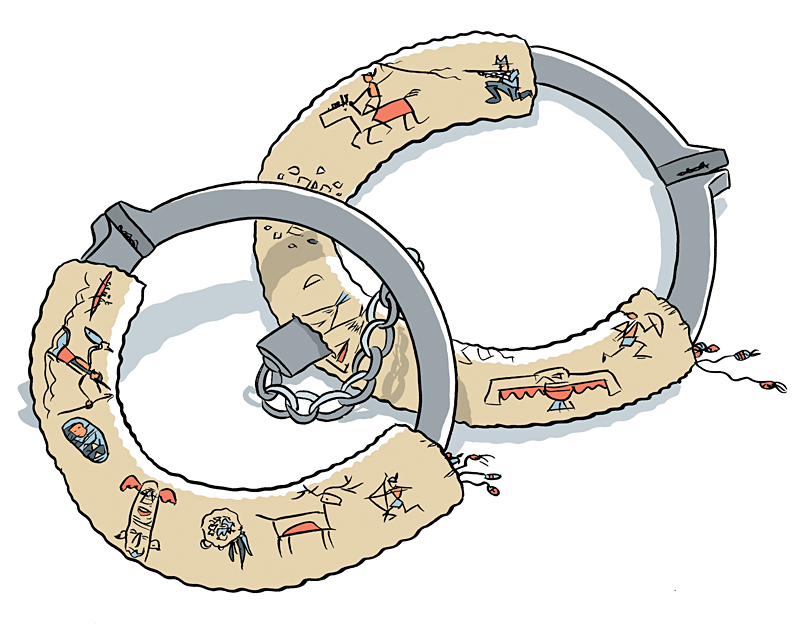Federal interference in tribal affairs is a tricky business. On one hand, the feds risk overreaching. Hence, this week’s decision by a U.S. District Court judge to dismiss cases during a Snoqualmie Tribe feud. On the other hand, federal neglect can have dangerous consequences. Such has been the case when it comes to the prosecution of rape and domestic-violence cases in Native American country, says Theresa Pouley, chief judge of Tulalip Tribal Court.
Pouley, a Colville tribal member, is one of two Washingtonians appointed to a new federal task force that aims to step up the prosecution of cases involving violence against Native American women. U.S. Assistant Attorney Susan Roe is also serving on the task force, announced on Friday by the Department of Justice.
The statistics are bleak. A 2005 Congressional report found that one in three Native American women were raped during their lifetimes, and tribal women suffered domestic violence at three times the rate that Caucasians did.
The feds have the authority to prosecute assaults and other so-called “major crimes” on reservations. Yet they have largely left it to tribal authorities to handle such cases, even though the law hampers the ability of reservation courts to bring perpetrators to justice. Tribal courts can only prosecute Native Americans—often not the assailants in cases involving violence against Native American women, according to Pouley.
And even when they have jurisdiction, tribal courts face limited sentencing powers. “No matter what the crime—[for example,] if an Indian woman is killed on a reservation—the maximum penalty I can impose is three years,” says Pouley. (The maximum penalty was only one year before a law this past summer somewhat expanded tribal authority.)
She says the task force indicates the Obama administration’s willingness to take seriously the crimes of rape and domestic violence against Native American women. The new group will come up with a plan for ways that federal and tribal law enforcement can work together.
In an ideal world, many Native Americans would probably prefer that tribal cops and courts took care of these cases themselves, Pouley concedes. But since that’s impossible given current laws, Pouley says she for one wants the feds to come on in.









